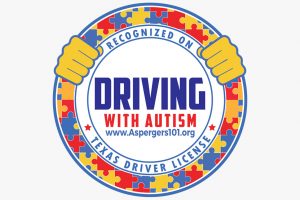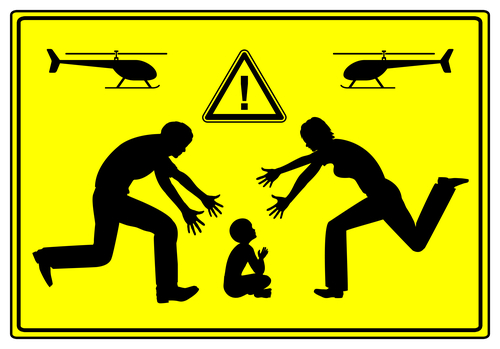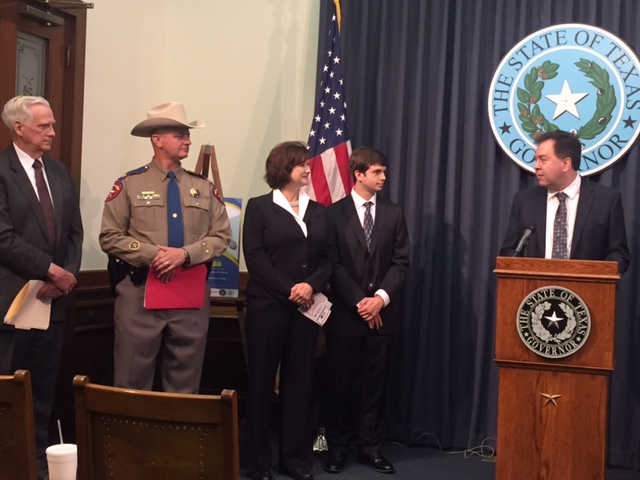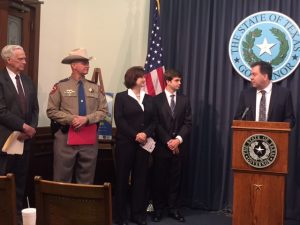Behind the Wheel with Autism: A Personal Perspective
Having lived in several different cities, I can attest that it most certainly is not a regional thing: you’ll run into idiot drivers no matter where you live. It isn’t profound at all; many casual conversations begin with a gripe about traffic on the way to someplace or another, or end up there eventually. Driving is a serious source of stress for many, even under the best circumstances. And for people diagnosed with Autism, they are already functioning under decidedly less than the best of circumstances, and the idea of getting behind the wheel can cause anxiety.
I found that I did not have a great deal of difficulty behind the wheel. Having a nice, large, rarely-traveled stretch of land to practice on, and taking as many opportunities to practice, is the first thing I recommend for those who are diagnosed and want to drive. It certainly helped me. After enough practice, it became second-nature.

Contrary to the assumption that driving is the natural enemy of the Autistic because it demands multi-tasking, it really isn’t so difficult as all that. It has a nice and structured set of regulations, and your task is simple: start at one location, and control the vehicle in order to safely reach the next.















